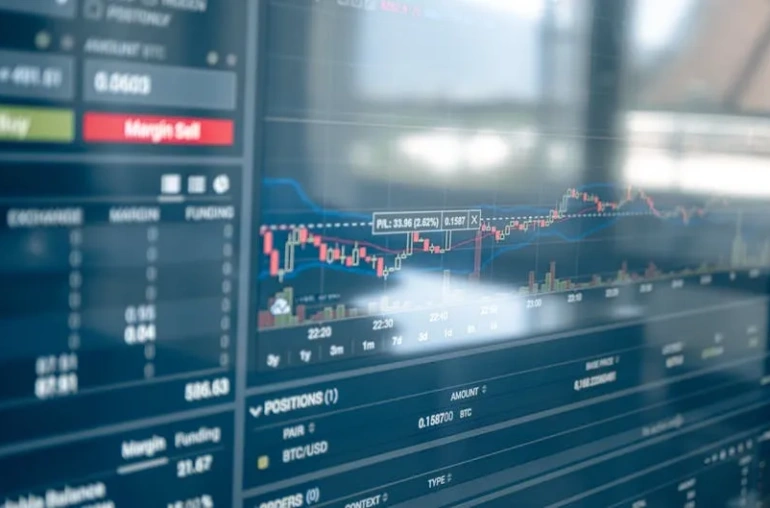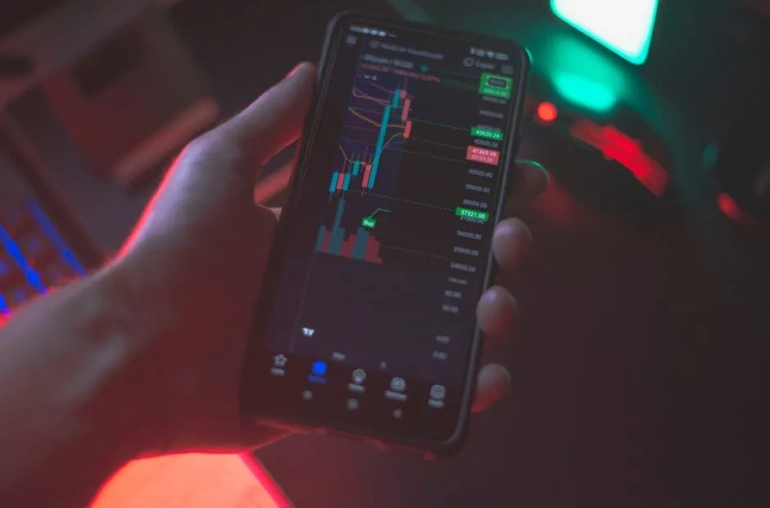
Exploring Cross-Border Trade: Brazil and Hong Kong Collaborate on Blockchain Innovation
In a significant advancement for international trade, Banco Inter from Brazil and Chainlink have embarked on a pioneering pilot project that leverages blockchain technology to enhance cross-border trade finance. This innovative collaboration aims to test the capabilities of Brazil’s Drex and Hong Kong’s Ensemble networks, marking a crucial step towards streamlining global trade processes.
The Significance of Blockchain in Trade Finance
Trade finance has long been plagued by inefficiencies, delays, and high costs associated with paperwork and manual processes. The integration of blockchain technology promises to revolutionize this sector by providing a secure, transparent, and immutable ledger for transactions. By utilizing smart contracts, parties involved in trade can automate and expedite processes, reducing the potential for errors and fraud.
Brazil’s Drex and Hong Kong’s Ensemble Networks
The pilot project focuses on two key blockchain networks: Brazil’s Drex and Hong Kong’s Ensemble. Drex, which is designed to facilitate digital transactions and streamline financial operations in Brazil, aims to provide a robust framework for the country’s digital economy. Meanwhile, Ensemble is Hong Kong’s initiative to enhance cross-border digital trade, promoting efficiency and collaboration among businesses.
By connecting these two networks, Banco Inter and Chainlink are not only testing the interoperability of blockchain systems but also exploring how different jurisdictions can collaborate to foster international trade. This initiative could set a precedent for future partnerships between countries looking to leverage blockchain for economic growth.
The Role of Chainlink
Chainlink, a leader in decentralized oracle networks, plays a pivotal role in this collaboration by ensuring that real-world data can be seamlessly integrated into smart contracts. This capability is critical for trade finance, where accurate and timely information is essential for making informed decisions. By utilizing Chainlink’s technology, the pilot aims to enhance trust and reliability in cross-border transactions.
Potential Impact on Global Trade
The implications of this pilot project extend far beyond Brazil and Hong Kong. If successful, it could pave the way for a new era of cross-border trade, where blockchain technology becomes the norm rather than the exception. This shift could lead to reduced transaction costs, faster processing times, and increased accessibility for small and medium-sized enterprises (SMEs) looking to engage in international trade.
As the world continues to grapple with the challenges posed by traditional trade finance methods, initiatives like the one between Banco Inter and Chainlink offer a glimpse into a more efficient future. By harnessing the power of blockchain, these innovators are not just improving trade finance for their respective countries; they are also contributing to a global movement towards more transparent and efficient trade practices.
Conclusion
The pilot project between Brazil and Hong Kong is a compelling example of how blockchain technology can transform cross-border trade finance. With the potential to streamline processes and enhance trust, this collaboration could serve as a model for future international partnerships. As the pilot progresses, the global community will be closely watching to see how these innovations unfold and what they mean for the future of trade.



